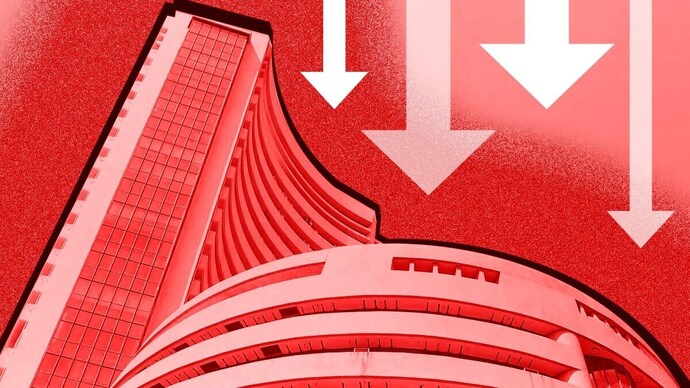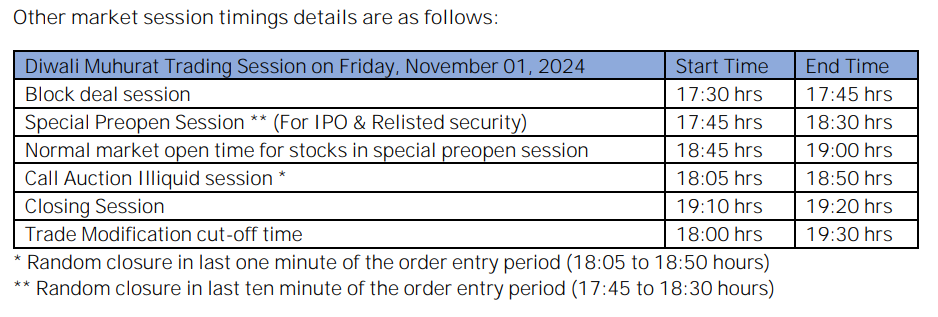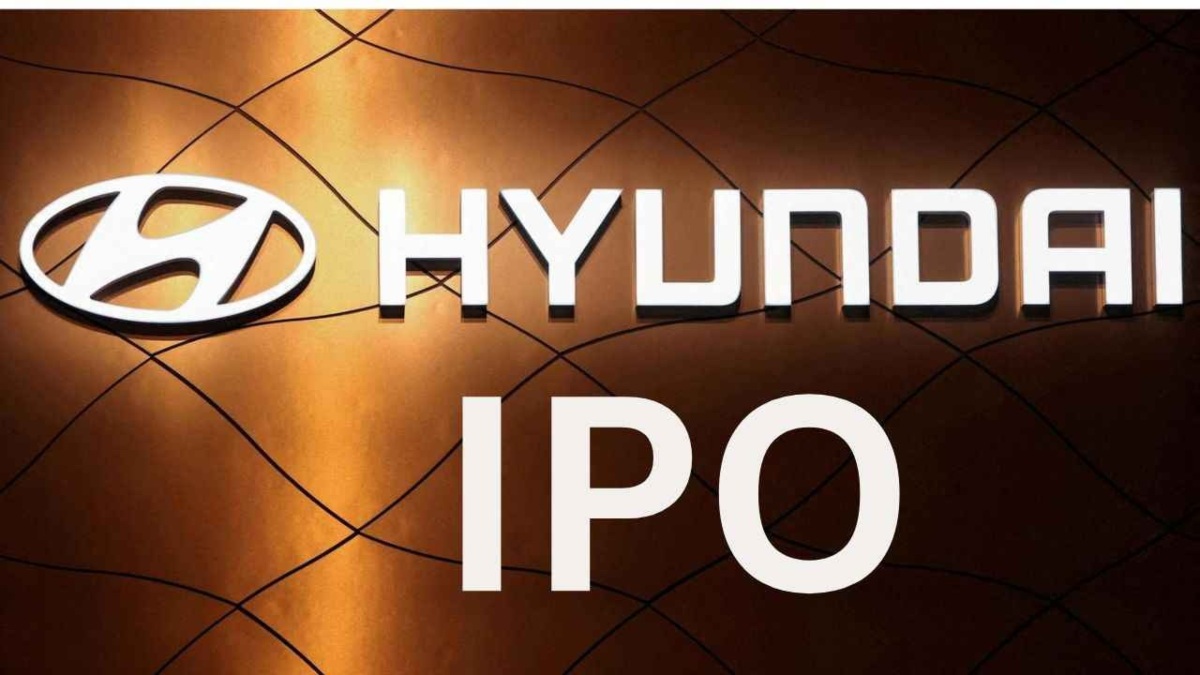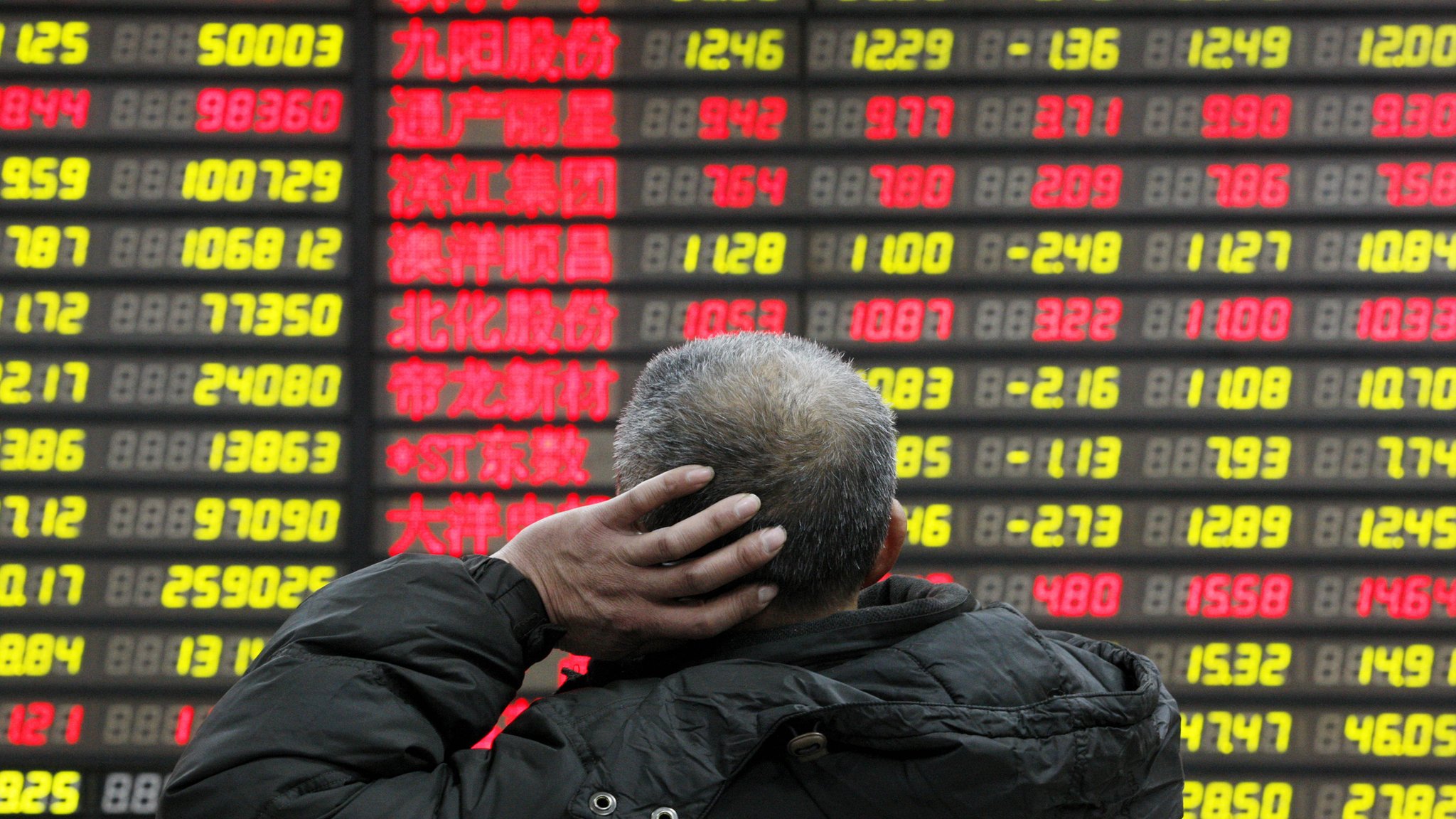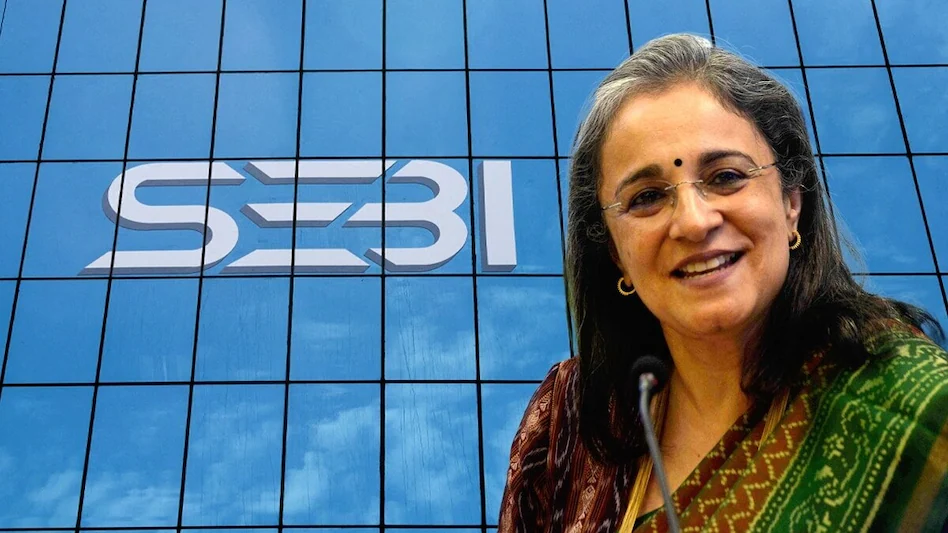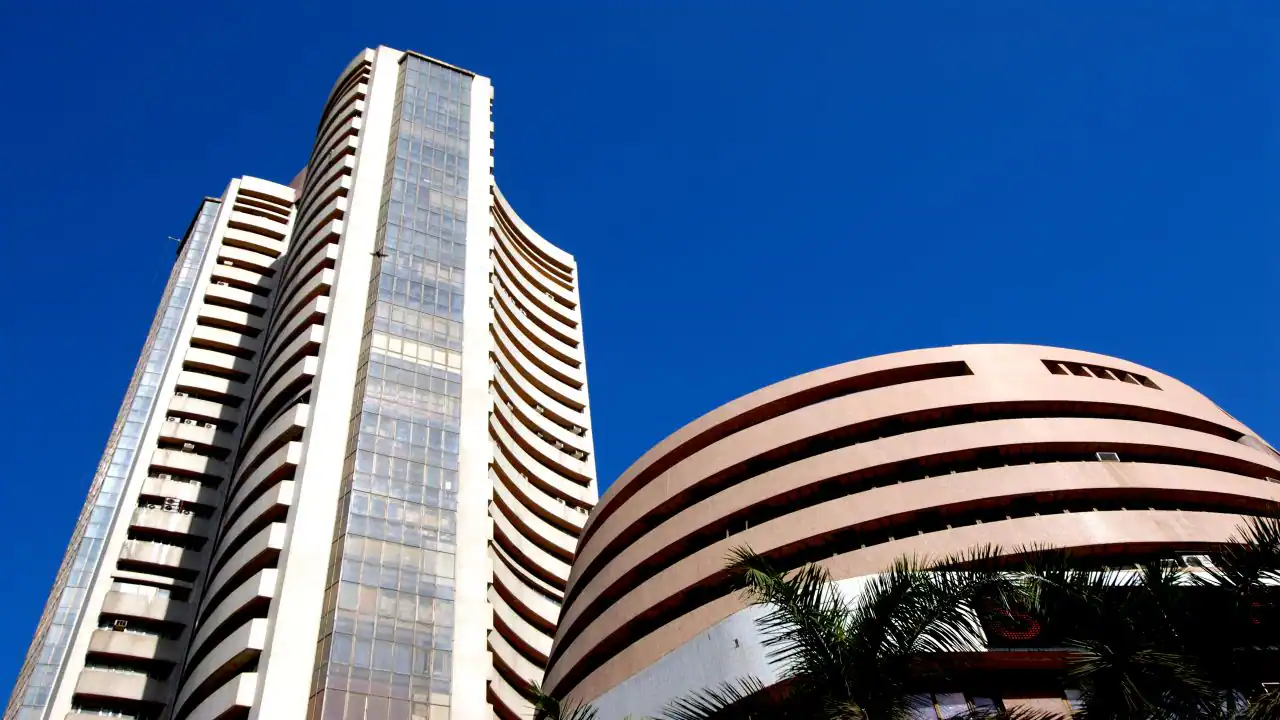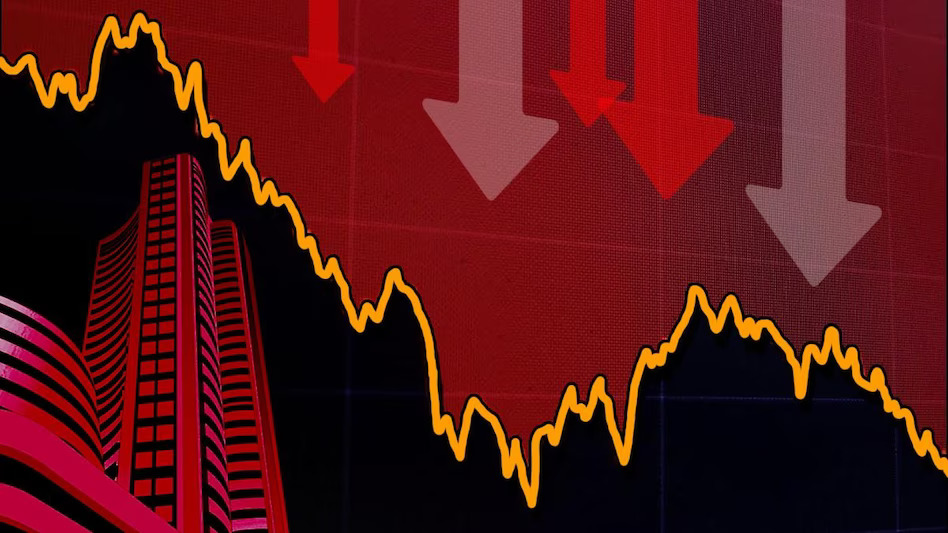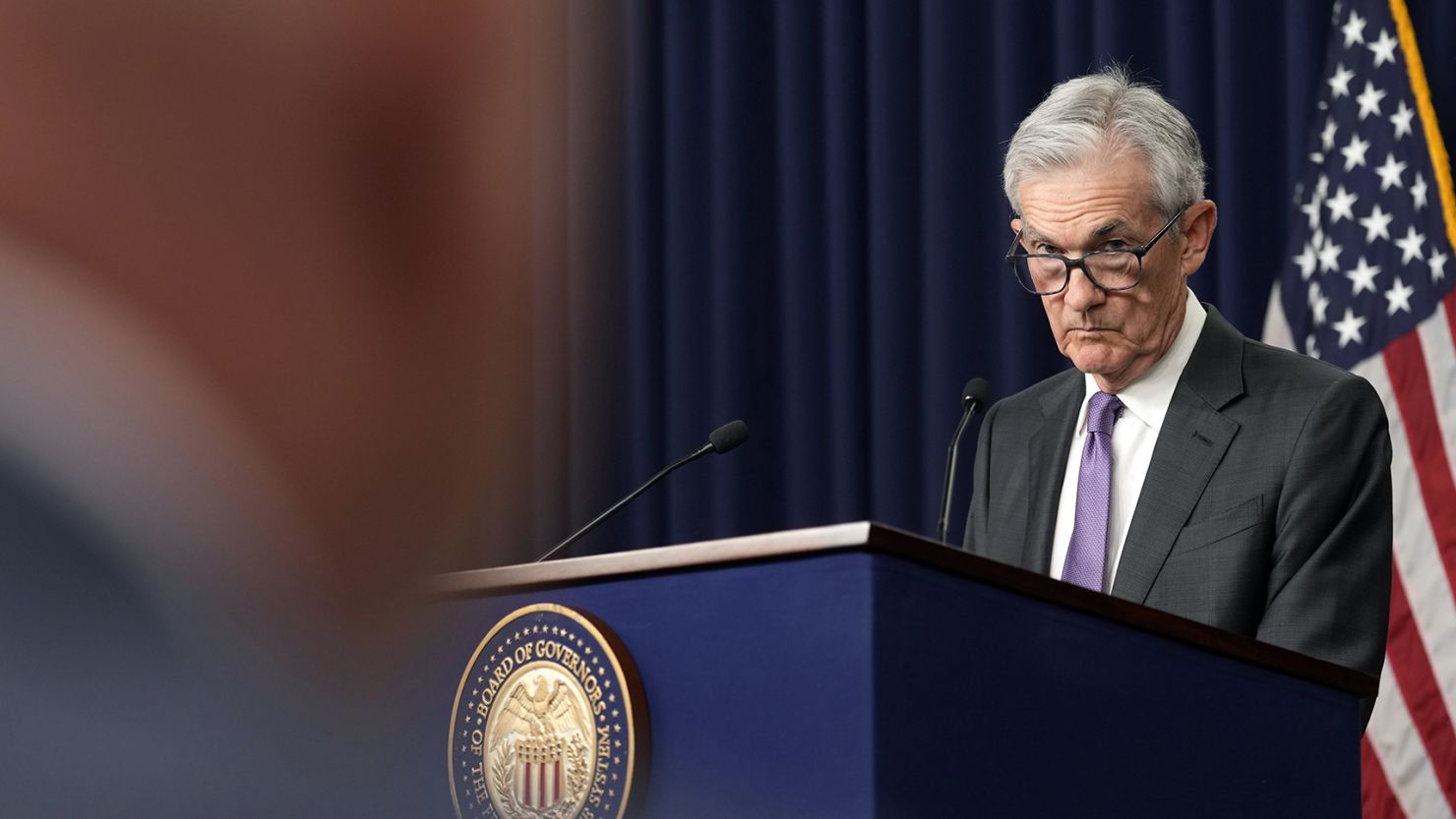The BSE Sensex and Nifty 50, two benchmark Indian market indices, were trading down on Monday after beginning lower.
The Nifty 50 was at 25,985, down 193 points, or 0.74 percent, at 10 AM, while the BSE Sensex was at 84,850, down 721 points, or 0.84 percent.
Around opening bell, the BSE Sensex had more than half of its stocks in red. NTPC, Tata Steel, JSW Steel, Titan, and Bajaj Finance topped the gains, while the top losers were Tech Mahindra, ICICI Bank, Infosys, Mahindra & Mahindra, and TCS.
Of the 50 stocks on the Nifty 50, 28 were in the red. Hero MotoCorp, Infosys, Tech Mahindra, ICICI Bank, and Mahindra & Mahindra led the losses, while the top laggards were Tata Steel, BPCL, NTPC, Hindalco, and JSW Steel.
The Nifty Metal was the biggest gainer overall, up 1.41 percent, ahead of Consumer Durables and Oil & Gas.
The biggest drag, on the other hand, was the Nifty Realty, which fell 1.12%. IT and Auto, on the other hand, fell 0.95 and 0.80 percent, respectively.
The BSE MidCap was down 0.43 percent and the BSE SmallCap was down 0.46 percent, reflecting the bearishness of the broader markets.The main Indian market indices, the BSE Sensex and Nifty 50, had risen to new all-time highs on Friday but have since pulled back, ending the final trading day of the week in negative territory.
After hitting a record high of 85,978.25 earlier in the day, the BSE Sensex finished at 85,571.85, down 264 points, or 0.31 percent, at the closing. The Nifty 50 also reached a record high of 26,277.35, but it closed the day at 26,178.95, down 37.13 points, or 0.14 percent.
The Nifty Midcap 100 and Nifty Smallcap 100, two of the larger indices, also experienced losses of 0.15 percent and 0.10 percent, respectively.
Sectoral indices that ended the day lower than 1% overall included Bank Nifty, Media, Nifty Private Bank, and Realty.
The Nifty Oil & Gas index, on the other hand, increased by 2.37 percent, with gains of up to 1.15 percent recorded in industries like PSU Bank, Pharma, Metal, and IT.Aside from that, Monday’s Asian stock markets saw a majority of gains following China’s announcement of additional stimulus measures; nevertheless, the Nikkei fell due to worries that Japan’s incoming prime minister will support normalising interest rates.
Even with the risk of additional supply driving down oil prices, geopolitical uncertainty was added by the ongoing Israeli strikes throughout Lebanon.
There is a tonne of important US economic data this week, including a payrolls report that might determine whether the Federal Reserve raises rates again.
As investors awaited further guidance from recently appointed Prime Minister Shigeru Ishiba, who has previously criticised the Bank of Japan’s loose policies, the Nikkei led the early action with a 4.0 percent decline.
Over the weekend, though, he seemed more accommodating, stating that given the status of the economy, monetary policy “must remain accommodative”.
As a result, the dollar gained 0.5% to 142.85 yen, recovering from its 1.8% decline on Friday from its peak of 146.49. In China, the central bank said that by the end of October, banks will be required to reduce mortgage rates for current house loans, most likely by 50 basis points on average.
That comes after a flurry of fiscal, monetary, and liquidity support measures that were revealed last
The previous week saw a 13% increase in Hong Kong’s Hang Seng index and a roughly 16% gain in the blue-chip CSI300 and Shanghai Composite indices, respectively.
After rising 6.1% last week to a seven-month high, MSCI’s broadest index of Asia-Pacific shares outside of Japan firmed by 0.2% on Monday.
A strong reading on core US inflation on Friday, which opened the door for another half-point rate decrease by the Fed, contributed to Wall Street’s explosive week as well.
Although there is still a significant uncertainty surrounding the presidential election two days prior, futures show to a roughly 53% possibility that the Fed will ease by 50 basis points on November 7.
This week, a number of Fed speakers will talk, with Chair Jerome Powell leading the group later on Monday. ISM surveys on manufacturing and services, as well as data on job vacancies and private hiring, are also due.
On Monday, S&P 500 futures saw a 0.1% increase, while Nasdaq futures saw a 0.2% increase. With a 20 percent year-to-date gain, the S&P 500 index is headed for its best January–September performance since 1997.
The dollar index decreased by 0.3% last week, while it was steady at 100.41 in the currency markets.
This week, the euro zone provides data on unemployment, producer prices, and inflation. Later on Monday, the European Central Bank President Christine Lagarde is scheduled to address parliament, and there will also be German inflation and retail sales data.
Lower bond yields and a weaker currency helped gold to all-time highs of $2,685 an ounce. It was headed for its best quarter since 2016 when it was last trading at $2,664 an ounce.
As worries over a potential boost in Saudi Arabian supplies offset Middle East tensions, oil prices fluctuated.
US crude increased 3 cents to $68.21 a barrel, while Brent lost 1 cent to $71.86.
